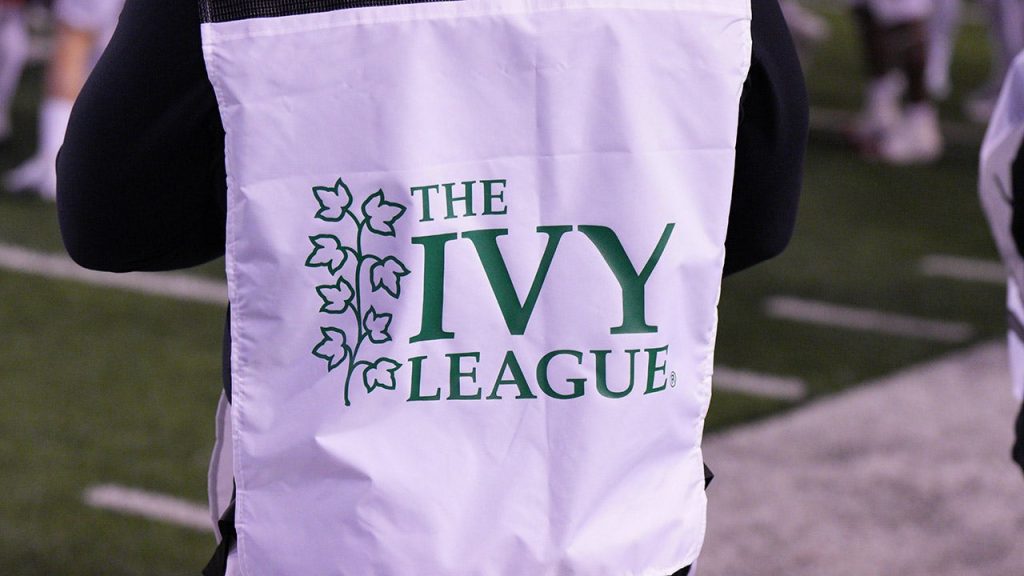The Equal Protection Project, spearheaded by Cornell Professor William Jacobson, has released a comprehensive report titled “Poison Ivies: DEI and the Downfall of the Ivys,” exposing the pervasive nature of Diversity, Equity, and Inclusion (DEI) initiatives within the Ivy League. The report meticulously examines the programs implemented across all eight Ivy League institutions, revealing a concerted effort to circumvent the Supreme Court’s June 2023 ruling against race-based admissions. Jacobson argues that while these universities outwardly claim to disregard race in admissions, they subtly encourage applicants to discuss their racial identities through essay prompts, effectively perpetuating a race-conscious admissions process under the guise of DEI. The report further contends that the Supreme Court’s decision, while specifically addressing admissions, has broader implications for equal protection under the law and should apply to other university contexts as well.
The report identifies several key findings across the Ivy League. Four institutions—Columbia, Harvard, Princeton, and Yale—mandate DEI training during student orientation. Six universities—Brown, Columbia, Cornell, Penn, Princeton, and Yale—require some form of DEI training for faculty and staff. All eight institutions maintain dedicated DEI offices, either at the institutional or departmental level. Five—Brown, Columbia, Cornell, Dartmouth, and Yale—have strategic plans devoted to DEI or anti-racism initiatives. Furthermore, every Ivy League school incorporates DEI or Critical Race Theory (CRT) into coursework and curricula, and all eight maintain bias reporting systems.
Jacobson’s report delves into specific examples of DEI implementation within each university. Brown University requires all departments to develop multi-year DEI plans. Columbia University’s orientation program immerses students in concepts like inclusion, diversity, equity, allyship, and bias. Cornell University supports the DoBetterCornell student group, which advocates for educational requirements focused on systemic racism, bias, colonialism, and inequity. The university also launched the Center for Racial Justice and Equitable Futures in 2024, emphasizing anti-Black racism.
Dartmouth University mandates a culture and identity class for all students. Harvard University houses an Office for Equity, Diversity, Inclusion & Belonging, which includes the Inclusive Teaching Institute, dedicated to training faculty and staff in inclusive pedagogy. Princeton University requires all employees, student leaders, and faculty involved in graduate admissions and hiring to undergo culture and difference training, alongside DEI training. The University of Pennsylvania mandates a cultural diversity course for all undergraduates and a cross-cultural perspective course for Wharton School students. In 2022, the university introduced DEI and Environmental, Social, and Governance (ESG) factors into business majors and concentrations at the Wharton School. Penn also offers grants of up to $100,000 through its Projects for Progress program, specifically for projects addressing systemic racism. Finally, Yale University requires each school and administrative division to develop a five-year DEI plan.
Jacobson argues that the pervasiveness of DEI ideology within the Ivy League creates an environment where race inevitably plays a role in admissions decisions, despite universities’ claims to the contrary. He suggests that the current practices are merely window-dressing, designed to provide a veneer of legal compliance while maintaining a focus on race. He emphasizes that while the Supreme Court ruling is a significant step, it is only the beginning of a long process towards achieving true non-discrimination. The entrenched “race-obsessed cultures” at these elite institutions must undergo a fundamental shift to genuinely comply with the principles of equal protection.
The Equal Protection Project, known for its challenges against race-based discrimination, has contested over 100 scholarships and programs across the country that discriminate against White and Asian students. Jacobson maintains that dismantling the deeply embedded DEI infrastructure at Ivy League schools is crucial for achieving genuine equality of opportunity. He believes that the current DEI initiatives, rather than promoting inclusion, perpetuate a focus on racial identity and contribute to the “downfall” of these prestigious institutions by undermining their commitment to meritocracy and academic excellence. The report serves as a call to action for a broader examination of DEI practices in higher education and their potential impact on equal protection principles.

